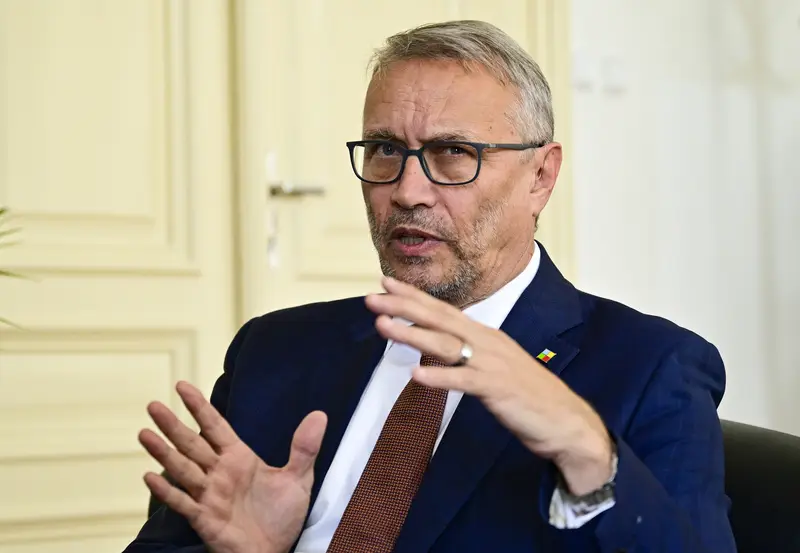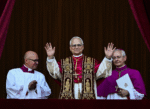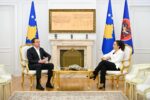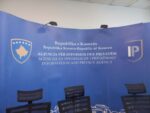As Kosovo marks 26 years since its liberation, Martin Dvorak, the Czech Minister for European Affairs, has issued a stark warning: the nation’s “aggressive rhetoric” and “lack of compromise” with Serbs are “damaging Kosovo’s image in the European Union” and jeopardizing its integration prospects. Dvorak, a former UN administrator in Kosovo and an honorary citizen of Istog, emphasized that “without compromise, there is no EU membership.”
In an exclusive interview with Radio Free Europe, the minister, known for his deep connection to Kosovo, urged immediate de-escalation, a resumption of dialogue with Serbia, and the sending of “positive signals to Brussels.”
From Ruins to Roads: A Transformed Nation, A Lingering Mindset
Recalling his arrival in 1999, Dvorak described a country “70% destroyed” where his immediate task was to help rebuild. He highlighted the “extraordinary infrastructure development” witnessed in Kosovo today, with “new roads, bridges, buildings, and public spaces.”
However, Dvorak noted a critical disparity: while the “hardware” has transformed, the “software”—the “mentality of the people”—has not kept pace. He observed a “lingering hatred” and “dissatisfaction,” urging Kosovo to “open its heart for a better future” and “learn how to live together with Serbs.” He believes the current Kosovar government is “not showing enough good will and openness to lead the dialogue and find a genuine solution.”
The EU Path: Compromise is Key
As a staunch advocate for EU enlargement, Dvorak acknowledged Brussels’ skepticism toward Kosovo. He reiterated that a lack of progress in the Kosovo-Serbia dialogue is a major impediment, further complicated by the fact that “at least five EU member states have not yet officially recognized Kosovo.”
For Kosovo to accelerate its EU integration, Dvorak advised sending “positive messages, positive signals,” indicating a clear willingness to negotiate, resolve problems, and address the rights of the Serbian minority. He stressed that political leaders must be prepared to make “painful but necessary” compromises, urging both sides to abandon rhetoric that fuels “hatred and enmity.”
Internal Political Deadlock: A Mirror of External Challenges
Dvorak also voiced concern over Kosovo’s internal political state, describing it as “truly paradoxical.” He specifically cited the “30 failed attempts to elect a Speaker of the Assembly” since the elections as clear evidence of a “lack of good will” and an “unwillingness to compromise” among Kosovar leaders. He views this internal stalemate as a direct reflection of the broader problem in Kosovo-Serbia relations: a shared reluctance to engage in essential compromise.
Despite the challenges, Dvorak emphasized that Kosovo poses no security threat to Europe, reaffirming its alignment with democratic values. He concluded with a message to Kosovo’s youth: to achieve their dream of living in “democracy, freedom, and independence” and becoming “full members of the European family,” they must prepare to “work hard” and “do their homework” on the path to EU membership.







